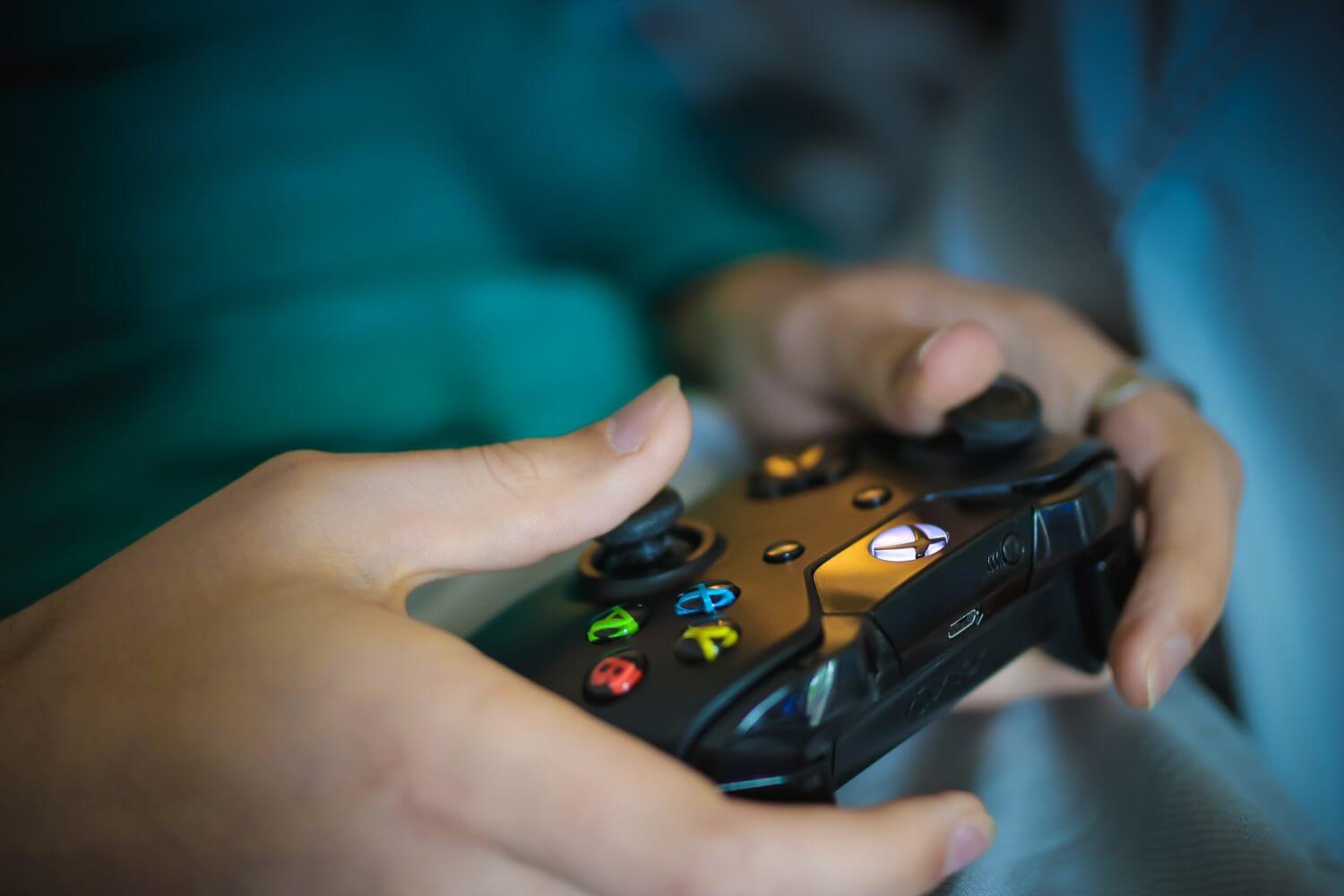Perhaps you or a loved one has struggled with addiction and is learning how to live life without substance abuse. If this sounds like you, chances are you have experienced a drug-craving firsthand. Cravings are no joke and are the main reason people succumb to using after months, or years, of being sober. The Mayo Clinic defines the state of addiction as “an uncontrollable physical dependence on a particular substance”. While this is a natural side effect of quitting, it should not be taken lightly. The physical dependence you experience is actually a change in the neurons and circuitry in your brain; it interferes with the motivation center, the reward center, and the control center. Essentially, your entire motivation will become altered with drug use. Not to mention, the longer you have been using, the higher your tolerance will become for the drug. There are many ways to reduce and mitigate the effects of cravings in your life. In this blog we will discuss some cost-effective and easy ways to implement whenever you feel an urge.
It is important to note; however, that there are a few short-term solutions which are medicinal. Vivitrol, Entacapone, Baclofen, Rivastigmine, and Risperdal are a few drugs which have been proven to reduce or block the effects of opiates on the brain and can stop the cravings for narcotics or alcohol in the moment. These are not meant to be long-term solutions.
The first sustainable solution in effectively managing cravings is mindfulness. It is incredibly effective according to a 2015 study, which demonstrates the ability of the practice to “check-in” on a physiological level. According to the study, meditating and mindfulness reduced urges by 20% in patients. This effect increased over time. Distractions are another excellent way to help de-escalate the feelings you may have towards drugs. This can take the form of reading, watching a movie, exercising, cleaning, knitting, etc. Activities that require your hands tend to be the best, like cooking, because it requires a more “present” mindset.
However, it is also important to be mindful of how much you are consuming as not to generate an overeating disorder. If you continue to find yourself isolated and unable to connect, reaching out to others for support is suggested to reduce cravings. It is important to note that only positively influential people should be contacted during this time. If you choose to spend time alone rather than with others, self-reflecting and challenging your cognitive thought process is another way to rationalize your desires. Helpful questions can include; “what is the evidence that___?”, “what is so bad about____”, or “who said that ___?”. These questions can prompt an exploration of your morals and where these deep-seated beliefs originate from.
The last way to curb your cravings post-treatment include reminding yourself of the consequences. Whether you verbally speak them aloud to yourself in a mirror or journal them down, acknowledging the repercussions of taking drugs again will help deter the desire to use. It is also beneficial to acknowledge the progress you made, no matter how small, to serve as encouragement to keep going.
Here at Asana Recovery we know how difficult it can be to resist the temptation to use again. Familiarity and force of habit are difficult to turn down. That is why we offer a comprehensive and empathetic recovery program that is tailor made to you and your situation. For a free consultation and to learn more about our services, reach us at (949) 438-4504.



